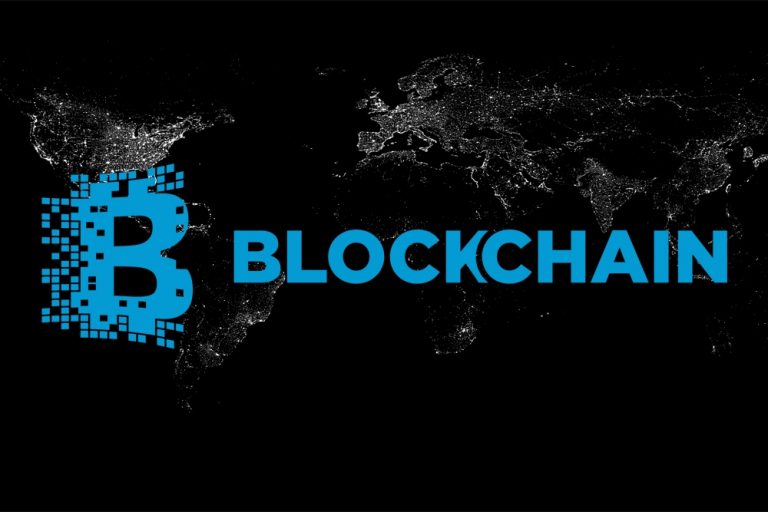
Many companies around the world are turning to blockchain technology faster than even sector enthusiasts have believed. The technology has been lauded as being revolutionary and seen to affect many industries and aspects of life. Blockchain allows governments and companies to decentralize their operations. This helps increase transparency and irons out many of the problems affecting government and corporate sectors.
Integrating blockchain into daily business activities
All around the world, companies are in a rush to integrate blockchain technology into their daily activities. Competition is high and companies seem to be aiming at leveraging their position in the respective industries. Some of the companies that have so far developed their own blockchain include Oracle, Social Reality Inc. and Riot Blockchain, Inc.
Social Reality Inc
Social Reality Inc has built its blockchain called BIG, which is a blockchain graph platform that is expected to enter the testing stage in September. Upon completion, the platform will be the first to allow users to own, verify and sell their data. The company has selected 10,000 users to be used in the testing stage. Those chosen will earn Bitcoin during the testing of the prototype.
Oracle Corporation
Oracle is one of the leading players in cloud technology. Recently, the company launched the Autonomous Blockchain Cloud Service. The new cloud service has been warmly welcomed as many companies integrate it into their systems. Several firms are using the new cloud package to extend their networks into the blockchain sphere. The new cloud service is known to improve efficiency and transparency.
Riot Blockchain, Inc
Riot Blockchain, Inc recently unveiled a prototype of its Bitcoin Mining Pool, which is still under development. A mining pool is a platform that brings together several crypto miners. These miners work in a group through which they pool their hashing power so as to undertake complex computations which help to secure the blockchain network.
However, the growth of blockchain has not been without challenges. Many of the blockchain solutions on the market are insufficient and cannot accommodate the huge amount of transaction volume. Additionally, other blockchain technologies are very complex and complicated and cannot customize solutions for companies.




